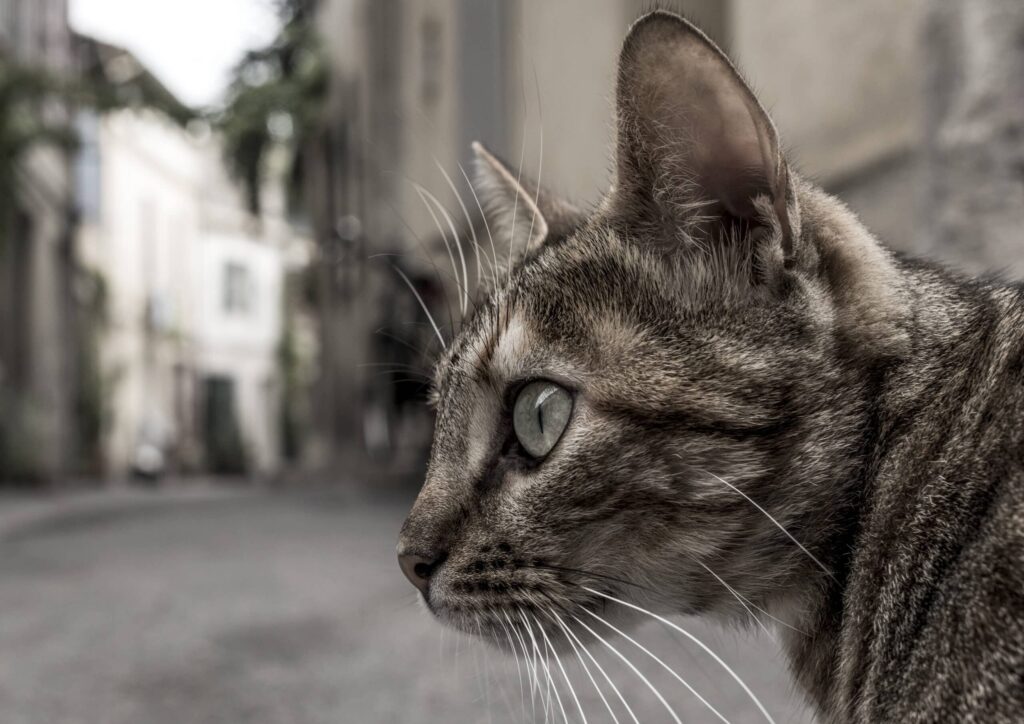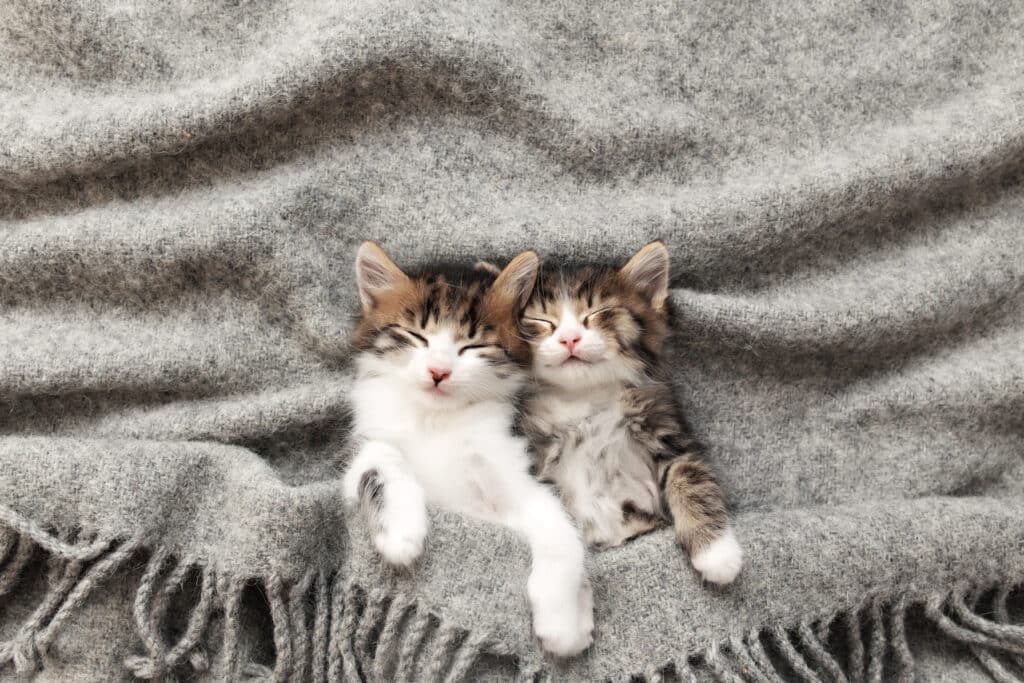
The Essential Guide to Supplements for Your Cat
As a devoted pet owner, you want the best for your feline companion. This essential guide to supplements for your cat explores different ways to enhance the nutritional quality of your pet’s diet.
Providing a well-balanced diet is crucial, but sometimes our furry friends require an extra boost to support their overall health and well-being. This is where supplements for cats come into play.
In this article, we’ll explore the world of feline supplements and highlight some key options that can benefit your beloved pet…
- Omega-3 Fatty Acids
- Probiotics
- Joint Support Supplements
- Multivitamins
- Hairball Remedies
Supplements are a crucial ingredient in keeping your cat as healthy as possible. Let’s dig in and take a closer look at each of these options.
Omega-3 Fatty Acids
Omega-3 fatty acids are known for their numerous health benefits and are equally important for our feline friends. These supplements help…
- Maintain a healthy coat
- Contribute to cardiovascular health
- Boosts the immune system
- Reduces inflammation
But if all that isn’t enough for you, omega-3 fatty acids also support cognitive function in cats (especially seniors). Buying fish oil from your local pet store is an easy way to introduce omega-3 to your cat’s diet. It’s best to use a fish oil designed specifically for pets as it will have dosing information suitable for felines.
Probiotics
Just like humans, cats also have a delicate balance of bacteria in their digestive system. Probiotic supplements can promote healthy gut flora, aid digestion, and improve immune function.
They are particularly useful during stressful situations, or to aid in restoring gut flora when your cat is taking antibiotics.
Joint Support Supplements
Arthritis and joint issues can affect cats, especially as they age. Joint support supplements containing glucosamine, chondroitin, and MSM can help alleviate discomfort, improve mobility, and maintain joint health in your feline friend.
If you’ve noticed your cat isn’t as spry as it used to be, is having trouble jumping up on the sofa, or is getting on in years, it might be time to introduce a joint support supplement.
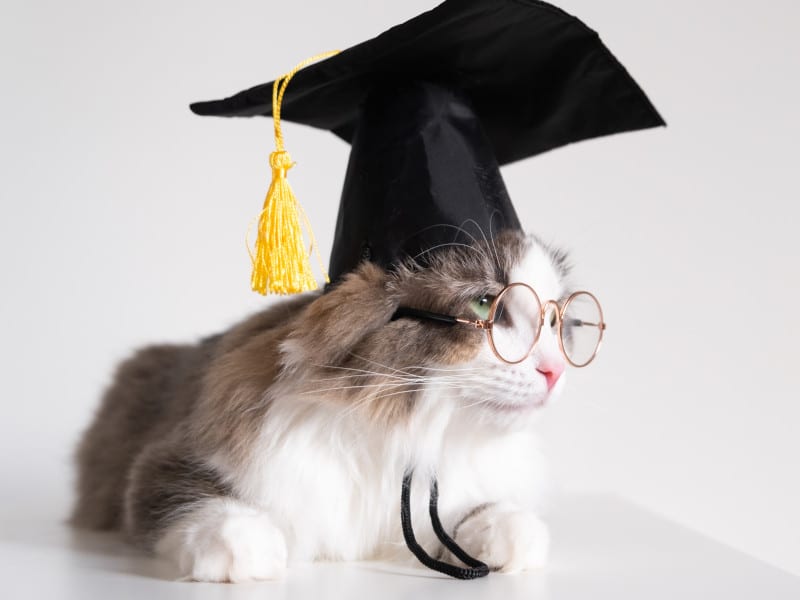
Memories
Omega-3 fatty acids are essential to brain development, cognitive function, and may even help maintain mental sharpness and memory in aging cats.
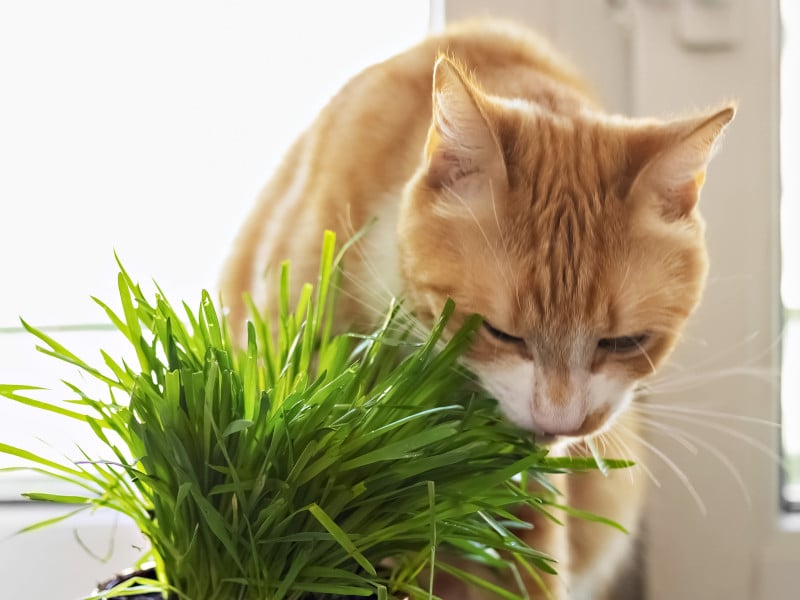
Cat Grass
Cats eat grass in the world as an aid to digestion. Most garden centers sell a range of cat grasses that can be kept indoors for your cat to graze on when needed.
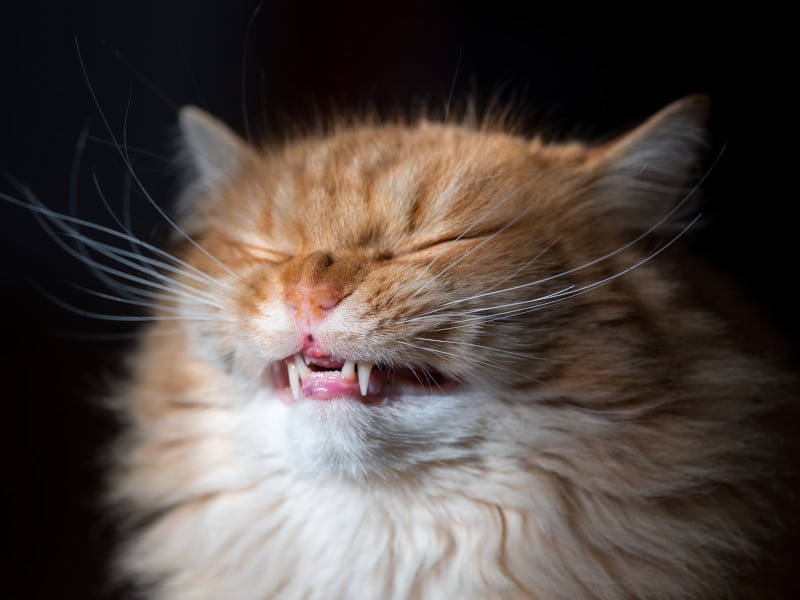
Probiotics
Gut flora is essential to the health and well-being of humans and cats. Antibiotics and stress adversely affect gut flora, and probiotics help to restore gut health.
Multivitamins
While a well-balanced diet should provide most of the essential vitamins and minerals, some cats may benefit from a multivitamin supplement. These supplements ensure your cat receives all the necessary nutrients for optimal health.
Vitamins can be toxic in the wrong quantities, or contain fillers to which your cat is allergic. Discussing supplementation with your vet is always a good idea, especially if your cat is on medication.
Hairball Remedies
Cats are meticulous groomers, but this grooming habit can lead to hairballs. Hairball remedies, typically in the form of gel or treats, can help prevent the formation of hairballs by aiding in digestion and reducing hairball-related discomfort.
In nature, cats eat grass to aid digestion and regurgitate hairballs. Your local garden center likely has a supply of cat-appropriate grasses you can keep in a planter box. This is especially useful if your cats are kept indoors.
Summing up this Guide to Supplements for Your Cat
Supplements can play a vital role in supporting your feline companion’s overall health and well-being. However, it’s important to consult with your veterinarian before introducing any new supplements to your cat’s diet.
They can provide guidance on the appropriate dosage, and potential interactions with existing medications, and help you choose the most suitable supplements for your pet’s specific needs.
With the right supplements and a little extra care, you can ensure that your beloved cat leads a happy, healthy, and vibrant life.



